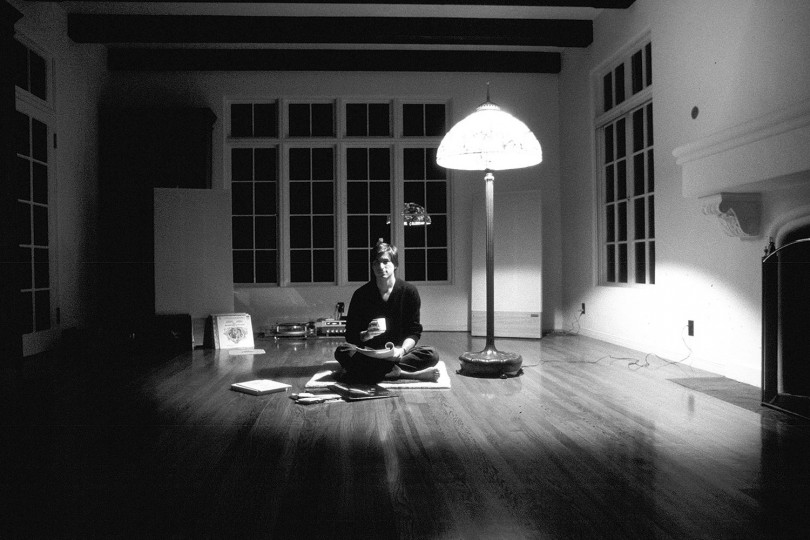David Ogilvy, in a memo to one of his partners, thirty-three years after starting his first ad agency:
Will Any Agency Hire This Man?
He is 38, and unemployed. He dropped out of college.
He has been a cook, a salesman, a diplomatist and a farmer.
He knows nothing about marketing and had never written any copy.
He professes to be interested in advertising as a career (at the age of 38!) and is ready to go to work for $5,000 a year.I doubt if any American agency will hire him.
However, a London agency did hire him. Three years later he became the most famous copywriter in the world, and in due course built the tenth biggest agency in the world.
The moral: it sometimes pays an agency to be imaginative and unorthodox in hiring.
He was, of course, talking about himself. It reminds me of how revolutions of industries rarely, if ever, comes from the inside. It happens when people from the outside create products with a new completely new view, not bound or affected by those already in existence.
Via @tor.


